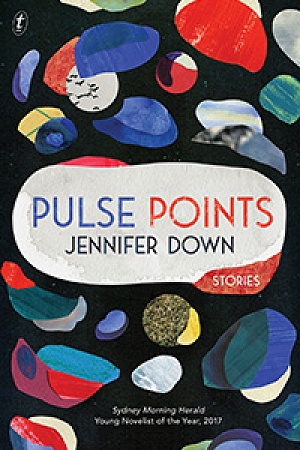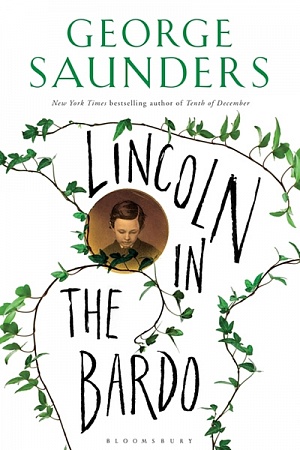4321
Faber & Faber $32.99 pb, 866 pp, 9780571324637
4321 by Paul Auster
The American critic Adam Gopnik writes: ‘Nothing is more American than our will to make the enormous do the work of the excellent. We have googly eyes for gargantuan statements.’ Paul Auster’s long-awaited novel, 4321, is a gargantuan statement. At almost 900 pages, the sheer physical heft of it is impossible to ignore. When a novel is as thick as it is tall, size is assumed to be a corollary for ambition. The question is whether 4321, seven years in the making, is excellent or simply enormous.
In the administrative fluster of Ellis Island, a Russian Jew is comically renamed in the immigration queue. His grandson, known simply as Ferguson, is born into a postwar America ripe with possibility, so ripe that a single lifetime will not suffice. Rather, Ferguson will live out four parallel lives – a quartet of Bildungsromans: ‘Four different boys with the same parents, the same bodies, and the same genetic material, but each one living in a different house in a different town with his own set of circumstances.’ As Auster’s title menacingly hints, only one will survive to adulthood, but which boy, and why?
Continue reading for only $10 per month. Subscribe and gain full access to Australian Book Review. Already a subscriber? Sign in. If you need assistance, feel free to contact us.














Comments (2)
Leave a comment
If you are an ABR subscriber, you will need to sign in to post a comment.
If you have forgotten your sign in details, or if you receive an error message when trying to submit your comment, please email your comment (and the name of the article to which it relates) to ABR Comments. We will review your comment and, subject to approval, we will post it under your name.
Please note that all comments must be approved by ABR and comply with our Terms & Conditions.